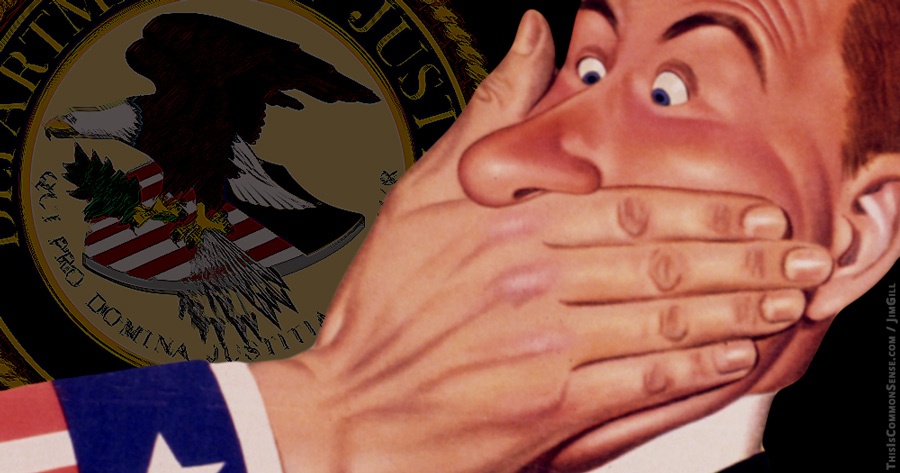Now hold on just a minute. I’m not one of those crazies who thinks the government is nothing better than a den of thieves constantly looking for new ways to steal from us. So don’t accuse me of making such an accusation. Please.
But, gee whiz, it sure makes the government look bad when obscure federal agencies like the U.S. Department of Justice engage in the mass theft of $85 million worth of property belonging to people accused of no wrongdoing.
It must be one of those oft-repeated wild aberrations.
In March, the federal government conducted a raid of a safe deposit box company called U.S. Privacy Vaults. The government accuses the company of abetting drug dealers.
The government accuses the box renters of . . . nothing. But DOJ is trying to use civil forfeiture laws to retain most of what it seized during the raid: some $85 million in cash and valuables.
The Institute for Justice is thankfully leading a class-action lawsuit on behalf of the victims.
“The government has no basis to think any of these people have done anything wrong,” notes IJ attorney Robert Frommer. “It just wants to keep their stuff. That’s unlawful and unconstitutional.”
One victim, Travis May, a Reason Foundation trustee, adds: “Civil forfeiture is an abomination. This is a clear demonstration of the perverse motive it creates.”
May says that Congress should outlaw civil forfeiture once and for all. I must agree . . . otherwise, we encourage the fandooglishly wacky impression that government is out to steal from us.
This is Common Sense. I’m Paul Jacob.
—
See all recent commentary
(simplified and organized)


